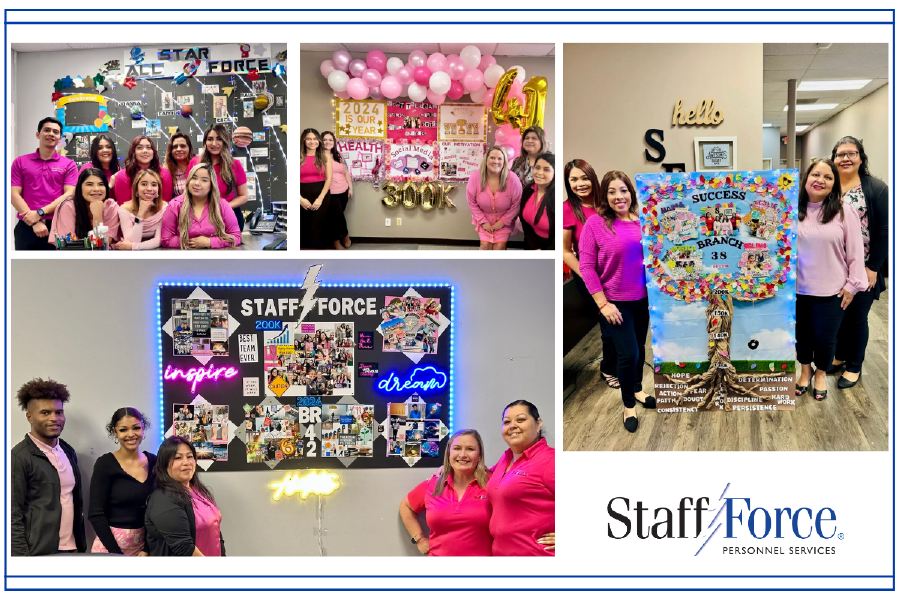How to Build Effective Team Cooperation Skills

Building effective team cooperation skills is essential to achieving success in any workplace. A team that works together cohesively is more productive, creative and innovative, which ultimately leads to better outcomes for the organization. However, building effective team cooperation skills is not easy, requiring significant effort, time and dedication.
Ways to Promote Effective Skills Amongst the Members of Your Team
- Establish clear goals and expectations: The first and foremost step towards building effective team cooperation skills is to establish clear goals and expectations. The team should clearly understand what they are working towards and what is expected of them. This helps align everyone’s efforts toward a common goal, reducing the chances of misunderstandings and conflicts.
- Foster open communication: Effective communication is critical. Team members should be encouraged to openly share their ideas, thoughts and concerns. This helps to promote transparency, trust and respect among team members. It also helps to identify potential issues early on, which can be addressed before they become significant problems.
- Build trust: Trust is the foundation of effective team cooperation. Team members should be able to rely on each other to deliver on their commitments and obligations. Trust is built through consistent communication, transparency and reliability. Leaders should also lead by example and demonstrate trustworthiness in their actions and decisions.
- Encourage collaboration: Collaboration is essential to building effective team cooperation skills. Team members should be encouraged to work together, share knowledge and leverage each other’s strengths. Collaboration also helps to build a sense of ownership and accountability among team members.
- Celebrate successes: Celebrating successes is an important part of team cooperation. Recognizing and rewarding team members for their contributions helps to build morale, motivation and a sense of camaraderie. It also helps to reinforce the importance of working together towards a common goal.
- Address conflicts: Addressing conflicts early on is critical to building team cooperation skills. Conflicts can arise due to differences in personalities, opinions or work styles. Leaders should proactively address conflicts and facilitate open and respectful dialogue to resolve them.
- Continuous learning: Continuous learning is essential. Team members should be encouraged to learn new skills, share knowledge and stay up-to-date on industry trends and best practices. This helps to promote innovation and growth within the team and the organization.
Building effective team cooperation skills is the cornerstone of an efficient workplace. The time and effort required to put the right culture, processes and procedures in place is significant, but the rewards are always more than worth it. By following the guidelines outlined above, you can build teams capable of working together cohesively, creating not only additional profits but real sustainable growth for your organization.
